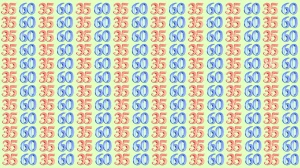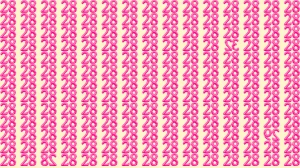In the rich and varied world of language, some words evoke a sense of fleeting beauty, capturing the transient nature of time, moments, or experiences. One such word is ephemeral. Though it might not appear frequently in casual conversation, its meaning resonates deeply in literature, art, science, and philosophy. Understanding this word allows us to appreciate the fleetingness of life, nature, and existence itself. Today, we explore the essence of ephemeral and its significance across various contexts.
Origin of the Word
The word ephemeral comes from the Greek word ephemeros, meaning “lasting only one day” or “short-lived.” The root epi- means “upon” or “on,” and hemera means “day,” giving rise to the idea of something that lasts for a very short time, much like the brief span of a single day.
This ancient Greek term made its way into the English language in the early 17th century, maintaining its association with impermanence and brevity. Over time, ephemeral evolved from referring specifically to a one-day phenomenon to describing any transient, fleeting thing.
Meaning of the Word
Ephemeral is primarily used to describe something that is short-lived, transient, or temporary. It conveys the idea of a moment or event that exists only for a brief period before fading away or vanishing. The word can be applied to physical phenomena, such as the lifespan of certain flowers, which bloom for only a day, or to intangible experiences, such as the ephemeral nature of joy, beauty, or a fleeting encounter. In essence, something ephemeral exists momentarily and is soon gone, leaving only the memory of its brief presence.
In literature and art, ephemeral often carries a poetic or philosophical weight, prompting reflection on the impermanence of life and the beauty of moments that pass all too quickly. It reminds us to appreciate the present, even though it may not last.
Usage in Sentences
To better understand the versatility of ephemeral, here are some sentences across different contexts:
-
The sunset over the ocean was an ephemeral moment, its colors shifting and fading within minutes.
-
The artist’s work focused on the ephemeral nature of youth, capturing the fleeting essence of a person’s most vibrant years.
-
After the rainstorm, the rainbow appeared briefly, an ephemeral display of colors against the grey sky.
-
Their happiness was ephemeral, fading as quickly as it had appeared when the news arrived.
Pronunciation
Ephemeral is pronounced as ih-FEM-er-uhl. The emphasis falls on the second syllable, giving the word a gentle rise and fall in its rhythm. The pronunciation mirrors the meaning of the word quick, transient, and fading perfectly capturing the essence of something that is here today, gone tomorrow. When saying it, the word seems to almost evaporate as it’s spoken, just as the things it describes do in life.
The Ephemeral Nature of Existence
The concept of ephemeral speaks to the transient nature of existence itself. In a world that often emphasizes permanence, the word ephemeral gently reminds us that everything, whether a moment of joy, a season of life, or the beauty of a blooming flower, can vanish in an instant.
By recognizing and embracing the ephemeral, we learn to savor the moments that would otherwise pass unnoticed. Nature itself is full of ephemeral beauty: the delicate blooming of a flower, the fleeting flight of a butterfly, or the passing clouds in the sky. These brief moments, though short-lived, are often the most beautiful and impactful, leaving us with lasting memories.
In modern life, where we often rush from one task to the next, the idea of the ephemeral can also prompt us to pause and appreciate the present. Whether it’s a quick chat with a friend, a breathtaking sunrise, or a fleeting feeling of joy, embracing the ephemeral allows us to find beauty in the moment, no matter how short-lived it may be.
Disclaimer:
The information provided in this article is intended for educational purposes and may not reflect the most current usage trends. Language is constantly evolving, and while we strive for accuracy, meanings can vary across different contexts and regions. Always verify terms in specific contexts before use.





